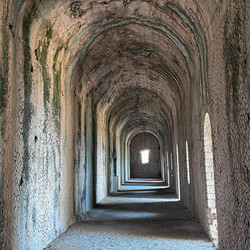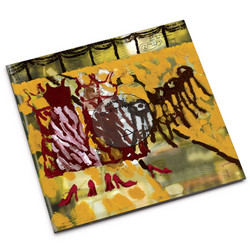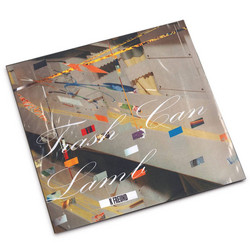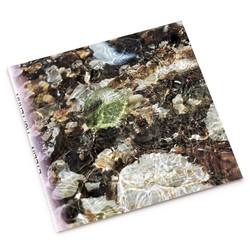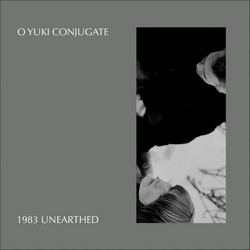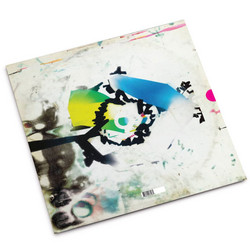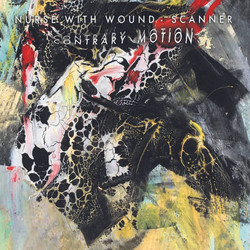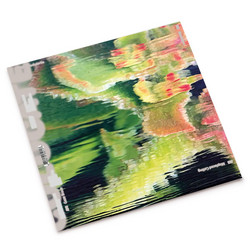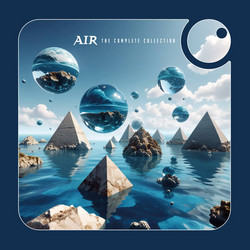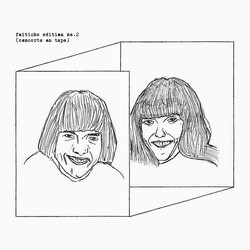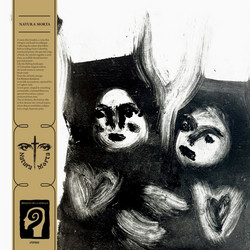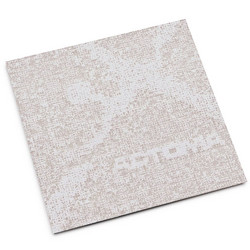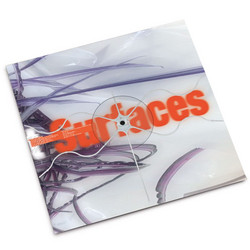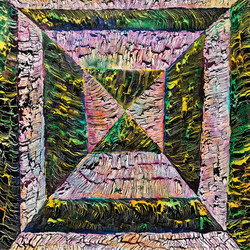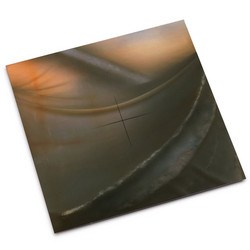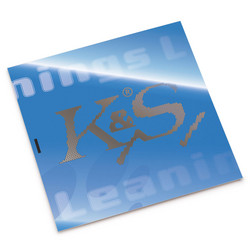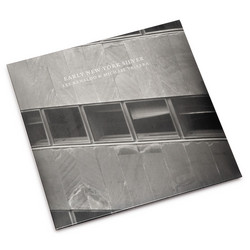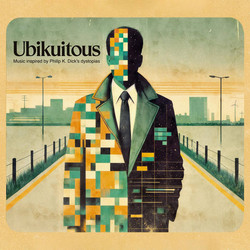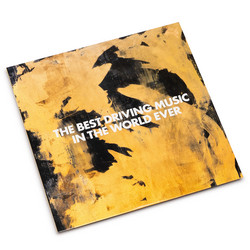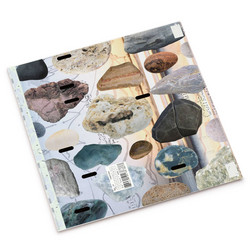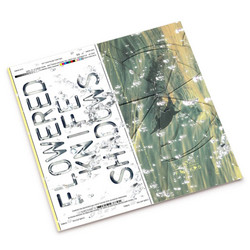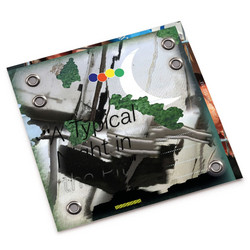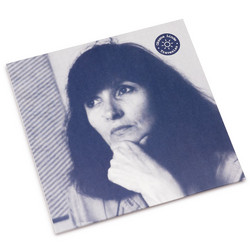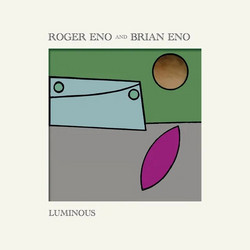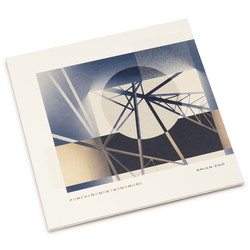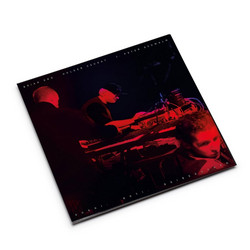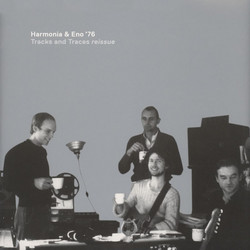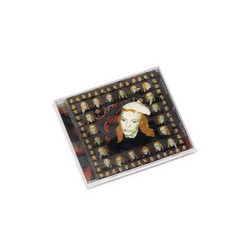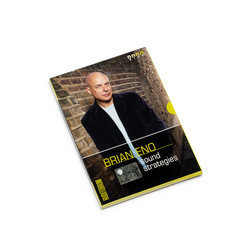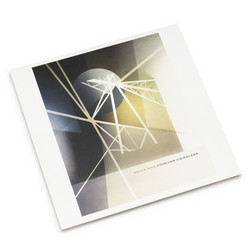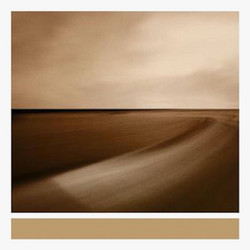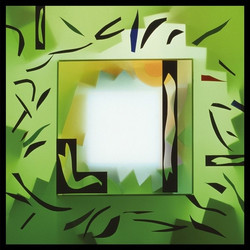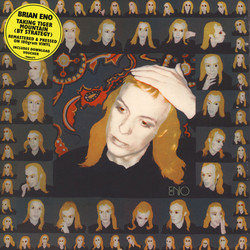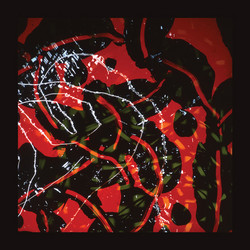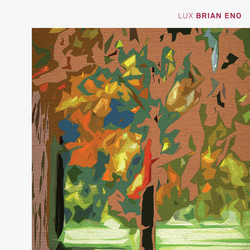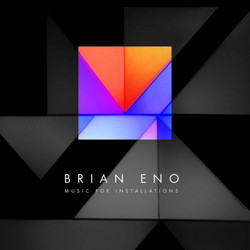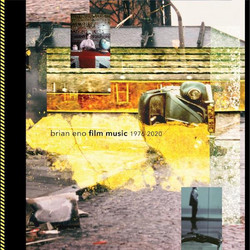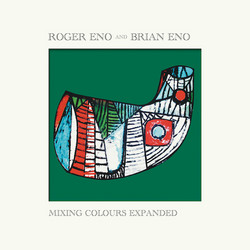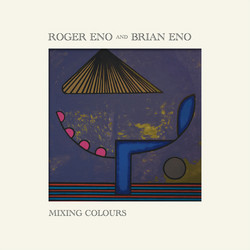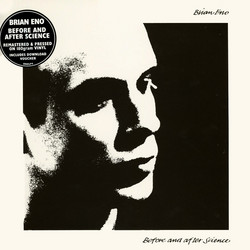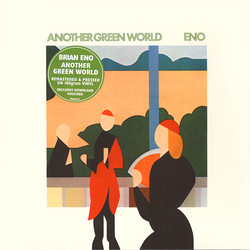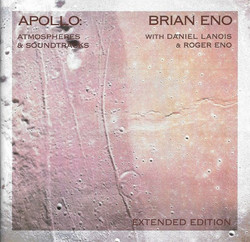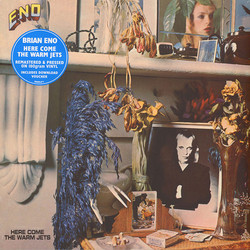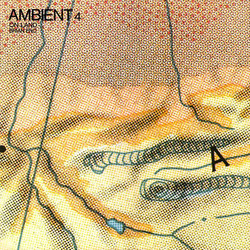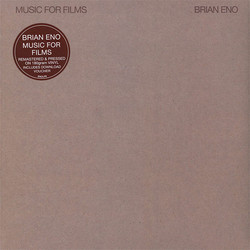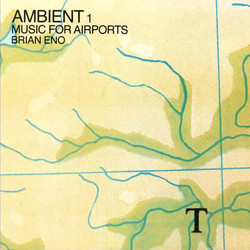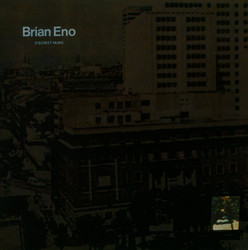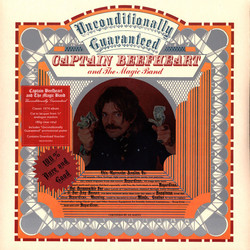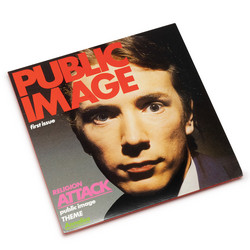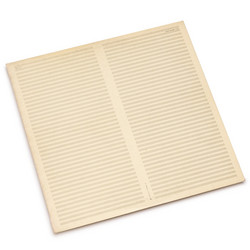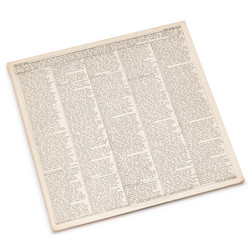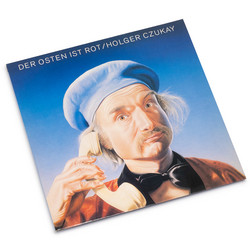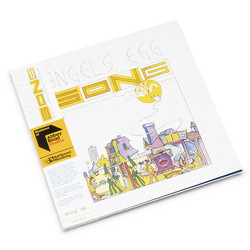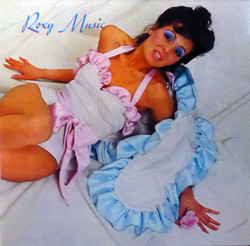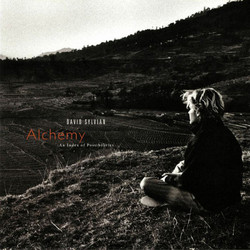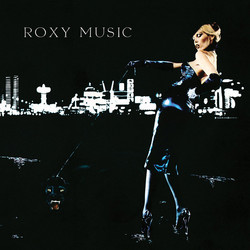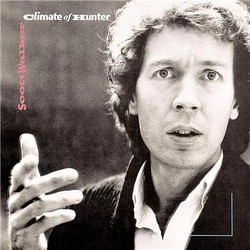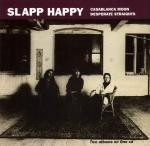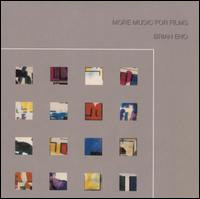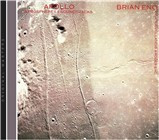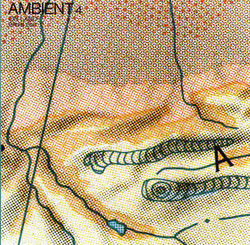Brian Eno's pioneering Ambient album from 1975 has been Half Speed Mastered by Miles Showell at Abbey Road Studios, London and is now presented in a gatefold sleeve on 2 heavy weight albums which are played at 45rpm for a superior listening experience. Now housed in a gatefold sleeve with an Obi and Abbey Road Certificate. Contains a Download Voucher Released 16th November 2018. Available for pre-order now. Deluxe, limited edition 2 LP heavyweight vinyl, remastered at half-speed for 45 RPM, in gatefold sleeve with Obi spine strip, Abbey Road Certificate of authenticity and download voucher. While his earlier work with Robert Fripp on ‘No Pussyfooting’ and several selections from his own ‘Another Green World’ feature similar ideas, ‘Discreet Music’ marked a clear step toward the ambient aesthetic Eno would later codify with 1978's ‘Ambient 1: Music for Airports.’
The inspiration for this album began when Eno was hospitalised after an accident. Whilst bed-ridden and listening to a record of eighteenth-century harp music, the volume was too low and he couldn’t reach to turn it up. It was raining outside, and Eno recounts he began listening to the rain and to "these odd notes of the harp, that were just loud enough to be heard above the rain". "This presented what was for me a new way of hearing music – as part of the ambience of the environment, just as the colour of the light and the sound of the rain were parts of that ambience", he observed.
The A-side of the album is a thirty-minute piece titled ‘Discreet Music’, which Pitchfork called “one of the greatest single ambient pieces that Eno has produced”. It was made using two overlapped tape loops of melodic synthesizer phrases of different lengths. This technique became known as ‘Frippertronics’; one of Eno’s early forays into algorithmic, generative composition – exploring multiple ways to create music with limited planning or intervention.
The second half of the album, titled ‘Three Variations on the Canon in D Major by Johann Pachelbel’ features the Cockpit Ensemble, playing brief excerpts from the score, which were repeated several times, with the tempo and other elements gradually altered – the end result of which “forced the listener to switch fundamental modes of hearing”, Pitchfork proclaimed.
